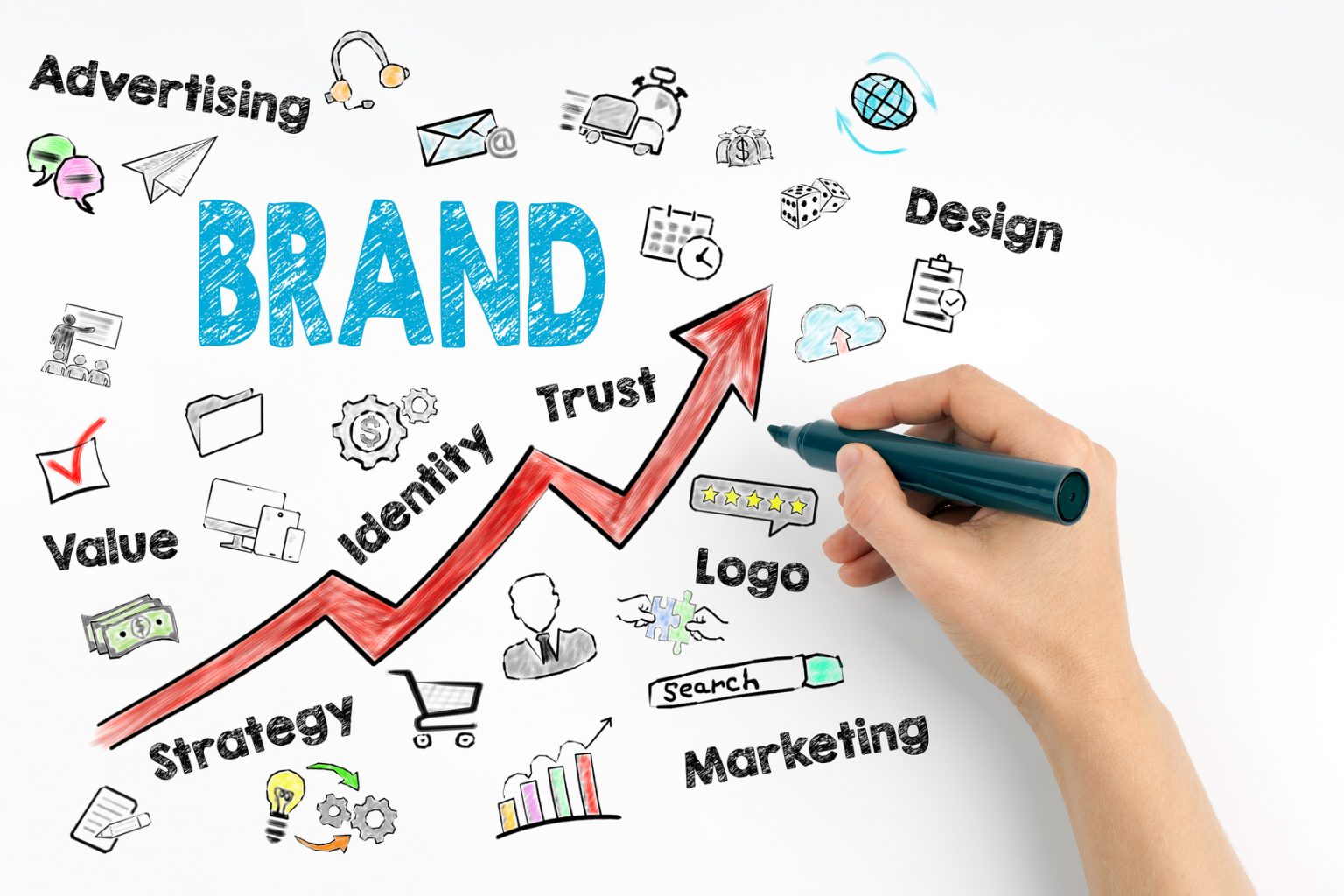Share This Article
Why companies need a power brand
A power brand is a powerful business tool that, if used correctly, will deliver the desired results over time. This includes creating a positive reputation with consumers and competitors and building internal processes to achieve business goals. Such a strategy should focus first on the company’s values and goals and then on its products and services.
The importance of a power brand
There are three main reasons why companies need to develop a comprehensive brand strategy:
- A power brand can attract and retain professionals. Today’s professionals see their work as more than just making money. They see it as an opportunity to realise and achieve higher goals and demand the same attitude from companies. According to a survey by the Edelman Trust Barometer, 69% of employees look at a company’s social impact when considering a job offer. In this way, a company can attract people to its team who share its values.
- A way to attract and retain consumers. Like employees, consumers judge a company on its social impact. Communicating brand values close to the customer helps build trust and close relationships with consumers.

The “Strength of Purpose” study
A study of 75 companies found that when customers share a company’s values, they are:
- 4 times more likely to buy;
- 6 times more likely to minimise the damage of public criticism;
- 4.5 times more likely to recommend the company to friends and acquaintances;
- 4.1 times more likely to trust the company.
Customers need to work with socially responsible companies. In doing so, they feel they are making a positive contribution to society.
- A power brand can differentiate a company from its competitors. The right positioning in the market will make the company more recognisable. Having a clear purpose and communicating it well will help differentiate it from similar companies and demonstrate the uniqueness and advantage of the brand.
A solid strategy is a great tool for businesses. It encourages consumers to stay with a company for a long time. And it’s not just about quality services or affordable products. People will share and trust the company’s values, which is a powerful incentive to build a long-term relationship.
Intangible assets play an essential role for companies, and this is evident in the S&P 500. According to an analysis by Ocean Tomo, their share of total company value will increase from 17% to 90% between 1973 and 2020. And achieving profitability through reputation is possible by systematically building a power brand.

